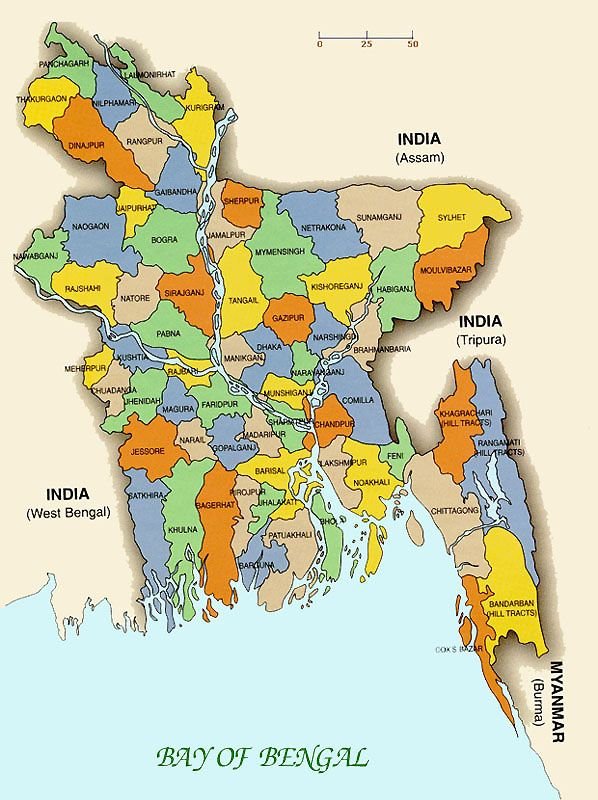Agartala, May 13 – Tensions are rising between India and Bangladesh as New Delhi intensifies efforts to deport illegal Bangladeshi infiltrators living across various Indian states. The move, which has gained momentum following heightened national security concerns after the Pahalgam terror attack in Kashmir, has prompted sharp objections from the interim government of Bangladesh.
Illegal immigration from Bangladesh has long been a critical issue, particularly in border states like Tripura, Assam, West Bengal, and even Jharkhand and Gujarat. Security agencies, acting under directives from the Union Home Ministry, have ramped up monitoring and crackdown on suspected foreign nationals residing unlawfully in India. In several cases, illegal colonies in Gujarat and other states have been dismantled. In Tripura, local authorities and vigilant citizens have jointly apprehended groups of suspected Bangladeshi infiltrators, often referred to as “termites” by political leaders due to the strain they put on local economies and national security.
However, the Bangladesh Ministry of Foreign Affairs has taken strong exception to what it calls “unauthorized pushbacks.” On Monday, the ministry officially communicated to the Indian Ministry of External Affairs, urging that India follow due process before deporting any individuals across the international border.
Dr. Khalilur Rahaman, National Security Advisor of Bangladesh, stated,
“Each case of repatriation must be verified on merit. We expect India to comply with international protocols. We will confirm the identities and addresses of those claimed to be our citizens before accepting any return.”
Indian authorities, however, maintain that strict verification processes are already in place. A senior official involved in the deportation process stated:
“No Indian citizen is or will be pushed back mistakenly. Each case is handled with documentation and due diligence. Bangladesh must understand that the burden of illegal infiltration cannot be indefinitely borne by India.”
The crackdown comes amidst heightened vigilance following the terrorist attack in Pahalgam, which left several Hindu tourists dead. Intelligence inputs suggest the possible presence of foreign extremists disguised as migrant laborers, prompting center-state coordination to identify and deport illegal aliens.
This standoff between the two nations adds to the complex matrix of South Asian migration, border management, and security concerns. While India pushes for national interest and territorial integrity, Bangladesh’s interim government seeks a more cautious approach under the lens of international law.


